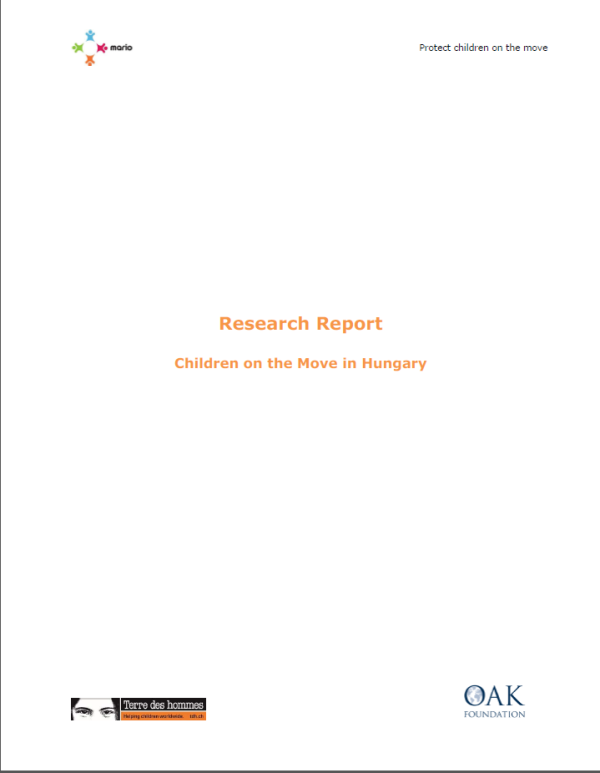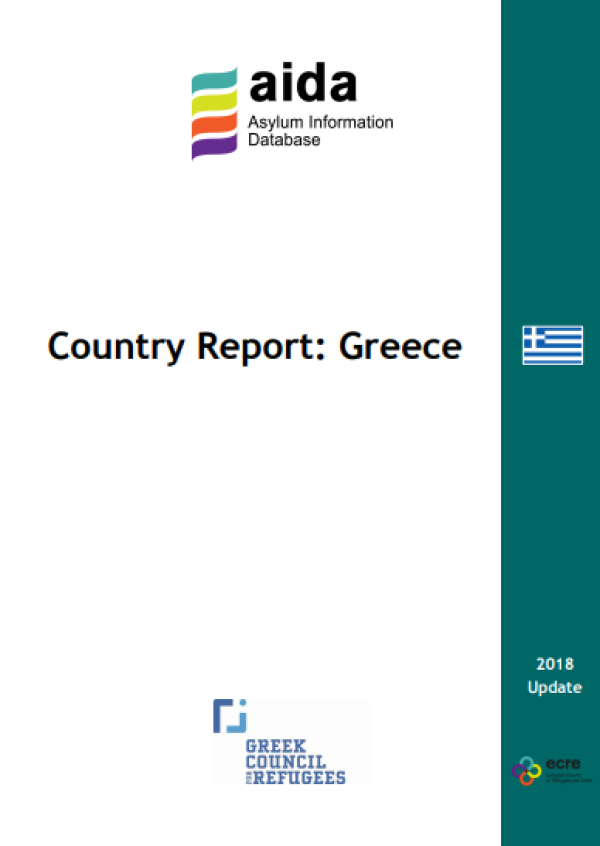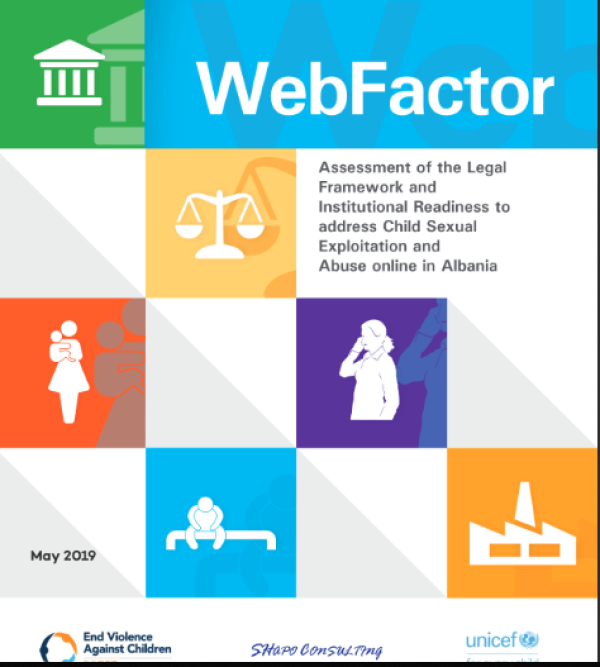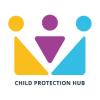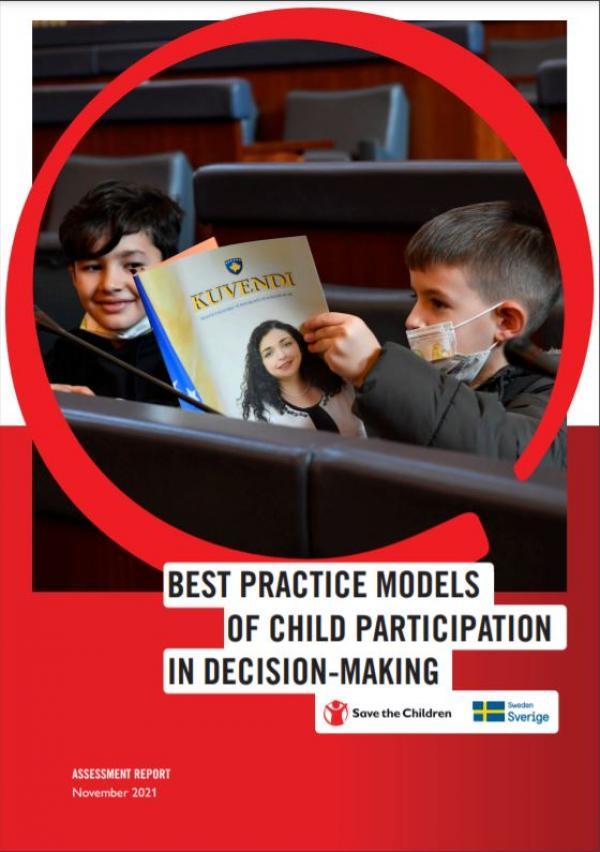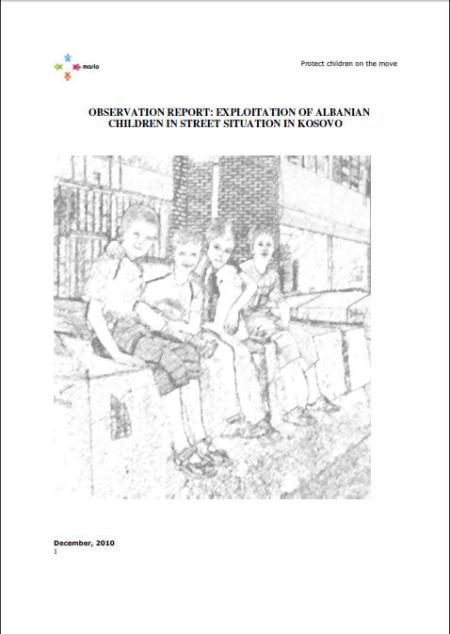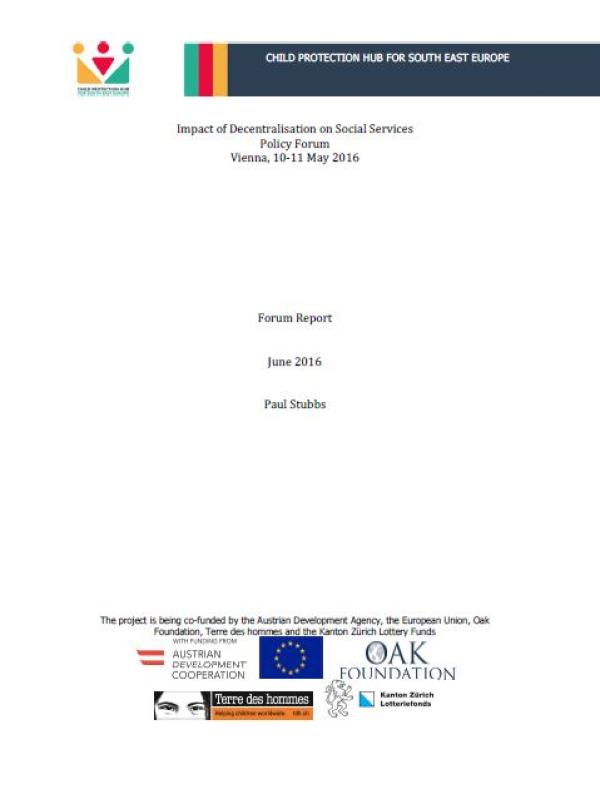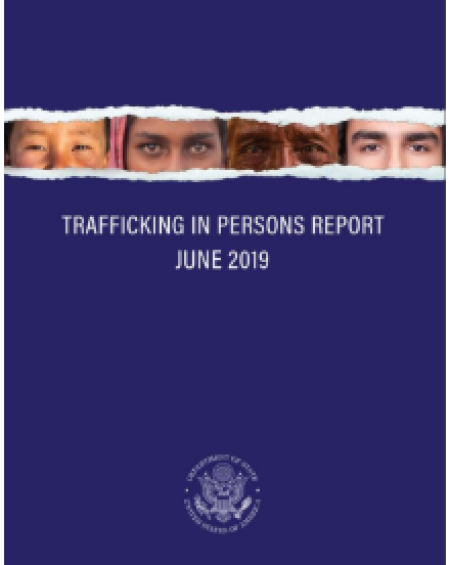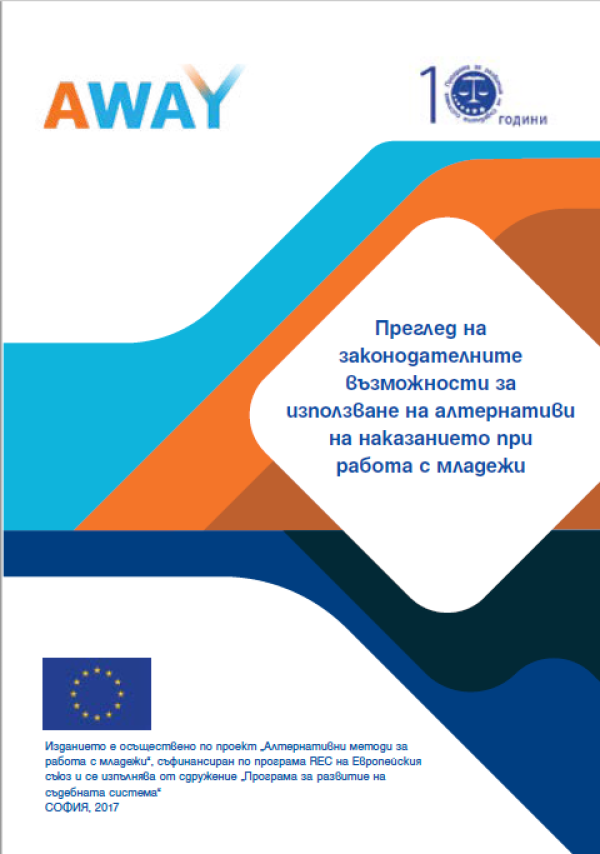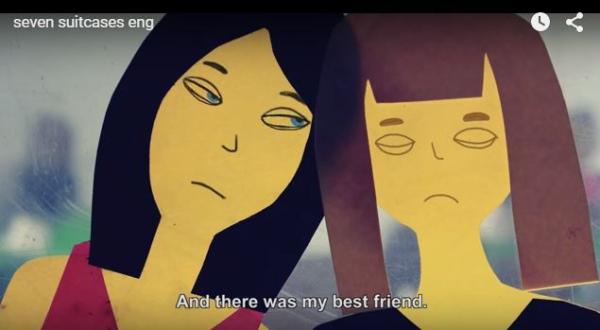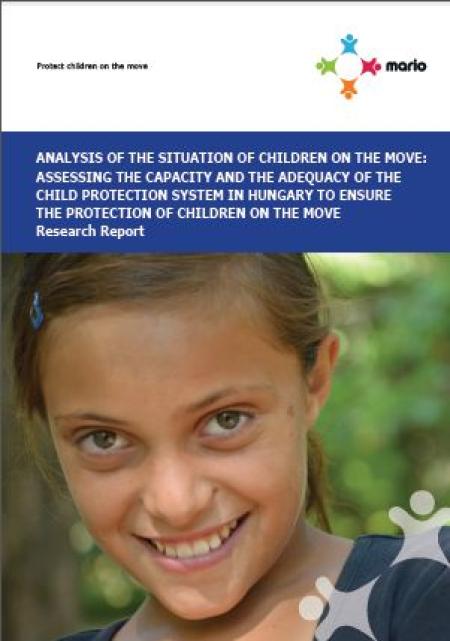
The present practice of border management in Hungary raises concerns regarding refugees’ access to protection. Migrants’ testimonies and anecdotal evidence shows that Hungarian authorities escort potential asylum seekers, including migrant families with children to the Serbian border, which prevents them from seeking protection. If so, this may be a violation of the principle of non refoulement of Article 33 of the 1951 Refugee Convention. As regards the statistics for 2016, it is clear that the number of asylum applications significantly dropped since the regime of the “8 kilometre rule” was introduced in July 2016, which allows Hungarian officials to escort irregular migrants back to the border to seek entry into the country through the four transit zones.
There is a growing concern amongst human rights advocates and volunteers that police brutality and ill-treatment became a pattern at the Southern border area of Hungary, which was raised by the United Nations High Commissioner for Refugees (UNHCR) and the Human Rights Watch (HRW) and which was confirmed by a number of Hungarian press and media sources and reports from the summer of 2016. The present report aims to give an overview of these allegations.
Through the analysis of the situation at the border and in the pre-transit zone of Hungary, this report gives evidence on the inappropriate treatment of migrant families with children and urges authorities to address the insupportable situation. The report recommends Hungarian authorities to provide migrant families and UAMs with humane and child friendly reception condition and basic services at the border.
From a child specific point of view, the lack of a best interest determination procedure may be listed as one of the major shortcomings of the Hungarian asylum system. In such a procedure all stakeholders around the given child should be involved. Policy makers are encouraged to take steps forward in establishing such a procedure.
Another critical aspect of the asylum procedures in Hungary regarding minors is the practice of age assessment. At the time of writing the present report age assessment was not regulated through binding protocols that provided for a multidisciplinary examinations where not only medical factors are taken into consideration. It is also problematic that minors are not provided with legal remedies against the result of the age assessment. Hungarian policy and law makers should seek further avenues to remedy the above shortcomings by establishing a multidisciplinary age assessment mechanism.


